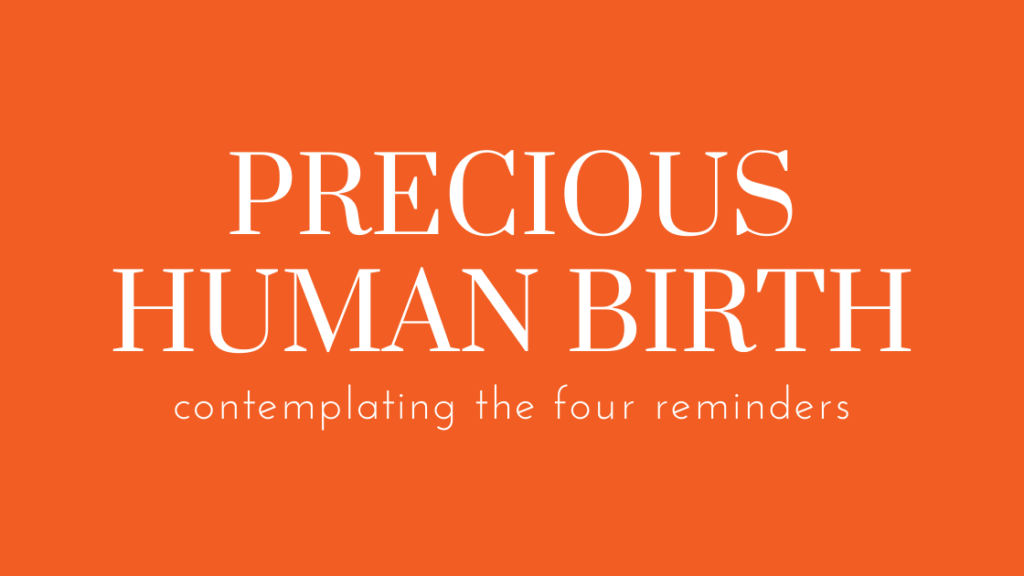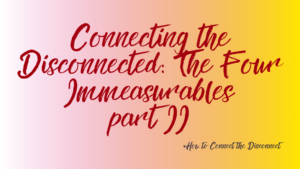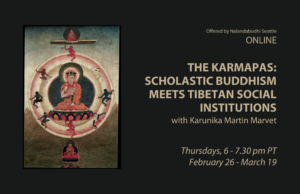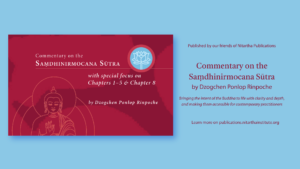First, contemplate the preciousness of being free and well favored.
This is difficult to gain, and easy to lose. Now I must do something meaningful.
I’m the proud father of a very active four-year-old. Participating in his birth, witnessing his growth, and engaging in his development along with his mother have been full of joy and wonder. And not without challenges.
Getting used to my new role as “dad” has given me a profound gratitude for my own mom and dad, and for all parents everywhere. Being a father has inspired me to look deeply within and contemplate who I want to be with my son and in the world.
We are all fortunate to have the privilege of being human and being able to choose how we think, speak, and act. But this opportunity is fleeting, and we must not take it for granted or let it pass us by. We need to take advantage of our time now, and use the resources we’ve inherited to be of benefit to ourselves and others.
In Buddhism, a “precious” human birth includes three qualities: confidence, diligence, and wisdom.
Confidence means trust. When we listen to a teacher and explore the Buddhist teachings, we are encouraged to assess them with our own intelligence and experience. When we find some profound guidance, we begin to engage in the practices and take inspiration from them to travel the spiritual path. It’s kind of like finding the recipe for a favorite meal and wanting to make it at home.
Diligence means consistency in actually doing the practices and study to travel the path, one step at a time. It’s like assembling the appropriate ingredients for your meal and actively preparing it.
Wisdom is common sense, seeing the potential consequences before we act or speak, like putting on an oven mitt before grabbing a hot pan. Wisdom also includes inquisitiveness, a willingness to be open and curious, to stretch our comfort zone with gentleness and persistence. It’s sticking to the recipe, while also making it your own. Then there’s the joy of sharing a delicious, nutritious meal with others.
We have so much to offer in this world. When we appreciate who we are and the opportunity we have, we are inspired to benefit ourselves and others, especially our children.
Contemplation Exercise
- To start an analytical meditation session, find a quiet space.
- Do a few minutes of calm abiding meditation to relax, and then slowly recite the verses. (Memorizing them is encouraged.)
- Engage your thinking mind with curiosity and creativity. Go beyond the words to experience the meaning that they convey. Allow yourself to deeply feel what they mean to you. You can repeat the verse you’re currently practicing with out loud to refresh when you become discursive. Think about how the three qualities of confidence, diligence, and wisdom apply to you.
- Conclude with a few minutes of calm abiding meditation. You can offer any goodness from the session to benefit the world and beings.
Future articles will explore the remaining Four Reminders separately. In the meantime, happy contemplation!

Nick Vail is a Karunika (teacher) for Nalandabodhi who lives in Maine.
A single parent, he enjoys quality time with his son, being in nature, playing the guitar, singing, dancing, and meditation.






